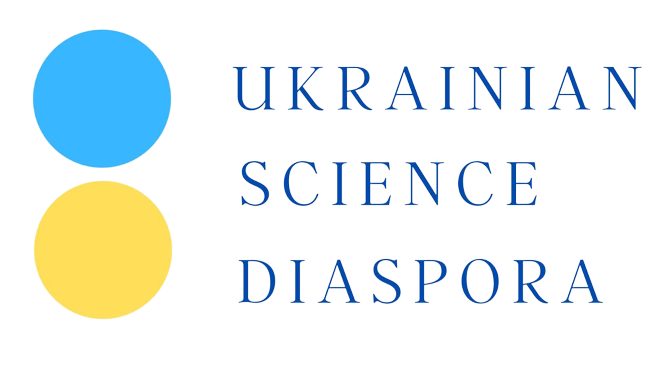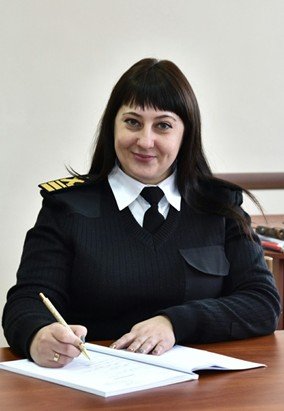The full-scale military aggression by the Russian Federation against Ukraine has become an existential challenge both for the state and for every scholar who lost the conditions necessary for meaningful academic work. As a native of Kherson — a city with a deep historical tradition in maritime education — I was forced to leave my home, academic environment, and professional community where I had grown as a researcher. The place where I had built my family, obtained my higher education, and started my academic career was occupied. Losing the ability to live and work in a familiar setting became not only a personal tragedy but also a serious professional challenge.
Despite all the hardships, I managed not only to preserve my academic activity but also to successfully carry out a comprehensive scientific study.
Thanks to the support of the NF-IAMU Faculty Fellowship Programme (Nippon Foundation – International Association of Maritime Universities, Japan), I received funding to implement an interdisciplinary research project dedicated to the development of foreign language communicative competence in maritime professionals within the framework of lifelong learning. This funding enabled the collection of essential empirical data, a comparative analysis of international educational approaches, the organization of a series of academic presentations, and the successful defense of my doctoral thesis in pedagogical sciences. The financial and institutional support opened new horizons for research that would have been inaccessible under normal circumstances. The results of this work emphasized the relevance of updating methodological approaches to language training for maritime specialists, especially in the context of global challenges and forced integration into the international academic environment.
A significant contribution to my further academic development came through collaboration with Dr.Helmut Podhaisky (Martin Luther University of Halle-Wittenberg, Germany). Thanks to his initiative and support, it became possible to unite Ukrainian and German scholars and to launch the annual forum Ukrainischer Akademischer Tag. This event, now held for the second consecutive year at the university in Halle, has become an effective platform for interdisciplinary cooperation, academic support, and the promotion of Ukrainian scholarship.
Academic mobility, despite all the trials, has enabled Ukrainian researchers to preserve their scientific potential, adapt to new educational systems, and represent Ukraine in the global academic space. My future research plans aim to strengthen the integration of the Ukrainian academic community into European projects, particularly in the field of higher education internationalization and the sustainable development of maritime vocational training. I am convinced that the future of Ukrainian science largely depends on openness, networked cooperation, and the support of international partners.
I am sincerely grateful to all institutions, colleagues, and scholars who are not leaving Ukraine alone in the face of its challenges. It is precisely this solidarity that gives us the strength to endure, create, and move forward.

